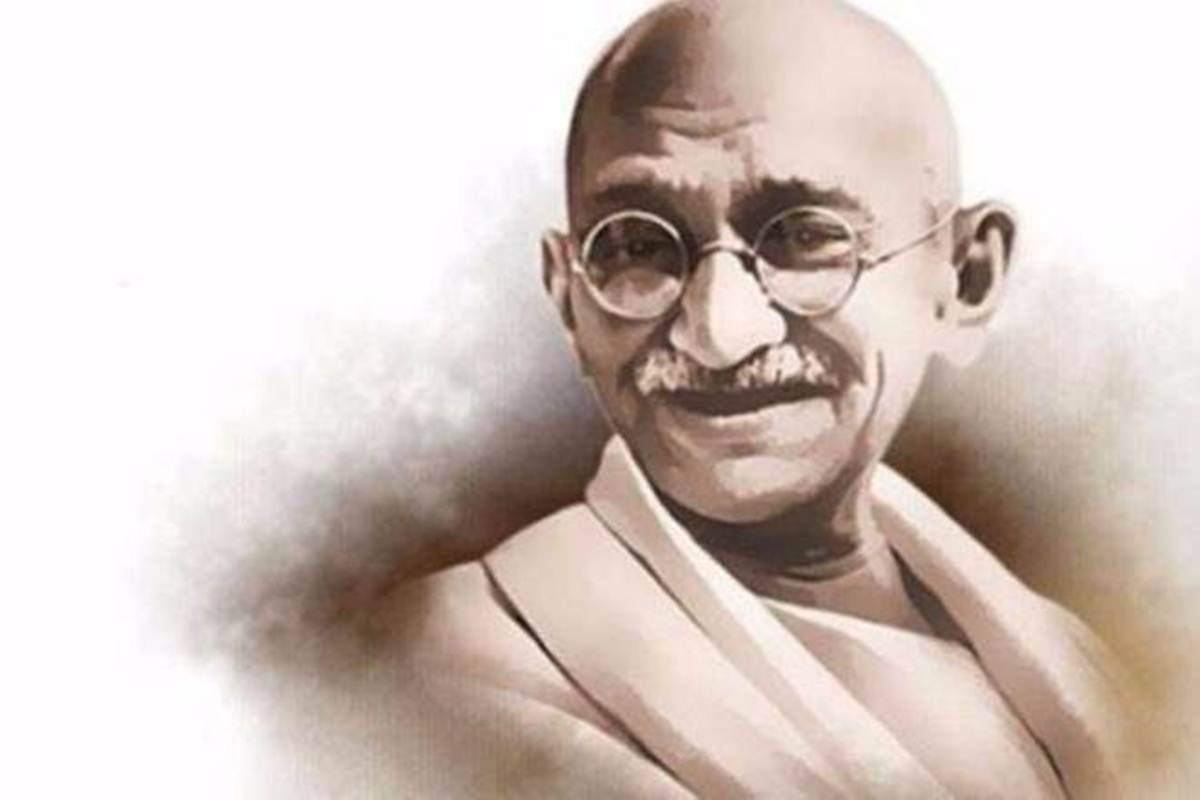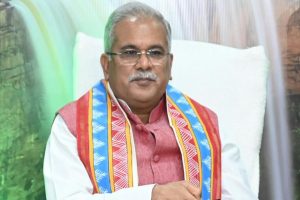I often wonder who among all the great men I have read about in history books or seen in the news during my lifetime I consider to be my hero: someone who not only commands my admiration but inspires me to emulate him/her as a role model. My first task was to decide the criteria for making this selection. After a lot of soul-searching, I decided on the following four traits to base my decision on: creativity, spirituality, impact of their work on the society and some characteristics I can identify with (so that I could logically aspire to be like them). Being a physicist by education, I thought of famous physicists. The first name that came to mind was Sir Isaac Newton.
It is not an exaggeration to say that Newton formulated physics. It was not just Newton’s laws of motion and law of gravitation, but he also established the basis of optics. These laws explain the behaviour of just about every object in the “useful” universe except for the elementary particles within an atom. He also dabbled in the heat transfer process, ala “Newton’s law of cooling”. In his effort to formulate the laws of physics he invented calculus on the side as a tool. Calculus allows physicists to state so many facts about the physical universe in such an elegant and compact form.
Advertisement
He was not only creative, but also inquisitive about the most trivial phenomena. Why did the apple fall downward from the tree? He believed in God and frequently quoted from the Bible. Names like “Newton-Raphson method” or “Newton’s Binomial Formula” or the use of “Newton” as a unit of force show that his name has penetrated every pore of the body of work in mathematics and physics. Yes, Newton can certainly be my hero, but I wanted someone who is more contemporary, and whose work was related more closely to my activities. One name stood out – Steve Jobs. Steve Jobs is a modern-day technological hero. He had good looks, wealth and at the same time a brilliantly creative mind which he applied repeatedly. He was not a perfect man; his problems with his girlfriend are well documented in his biopics; but despite those problems and being right in the middle of the ego-driven Silicon Valley culture of warfare among money-hungry corporations, he managed to find a spiritual path.
He had visited India in search of enlightenment at a very young age and his I-pad was found to have the download of “An autobiography of a yogi” upon his death. The Foundation of Apple with Steve Wozniak in his garage is the subject of legend. His invention of Macintosh started a popular culture. However, when Jobs was ousted as the head of the company, I thought that was his end. On the contrary, he got busy and established the NeXT computer system. If Apple was his first revolution, creation of the Pixar animated studios was his second revolution; he single-handedly created a new genre – computer generated animated movies with Pixar. Almost every movie became a huge hit with children and adults alike and generated hundreds of millions of dollars for Jobs. When Jobs went back to Apple as CEO, he returned with a vengeance and there was one revolution after another: I-pod, I-tune, Ipad, I-phone. Our lives in this modern world are impacted every second by products resulting from his vision.
Yes, Jobs had “hero qualities”. As an artist I wondered if my hero should be an artist. The one I admire most is Michelangelo. The connection of his creativity to spirituality is apparent in his work. When I look at Michelangelo’s sculptures and paintings, there is no question that God is behind them. It is hard to believe that statues “David” and “Pieta” – the two most beautiful statues in the world were sculpted by a mere mortal; the supreme being himself must have created them using Michelangelo’s hands. Michelangelo himself reportedly said at one time that whenever he saw a large block of stone, he could see a human figure hidden in it and he knew that his only charter was to chisel it out.
Apart from invoking a spirit of divinity, all his sculptures are also striking in another sense: they reflect a certain artistic posture of a human body – very “flowing” and yet showing the mood of the occasion. He loved to paint large surface areas – like the ceiling and wall of the Sistine Chapel. While painting the ceiling he had gone through months and months of pain and discomfort in a confined space between the ceiling and a scaffolding. There was no other duty and no other distraction. He could paint as long as he wanted. This is total dedication to one’s art. Eventually I realized that I could truly accept someone as my hero if he devoted his entire life selflessly to help mankind and not just cultivate his/her own creative interests.
I could think of only one name: Mohandas Karamchand Gandhi. I have always been awed by his life story. Gandhi was educated in the UK and comfortably settled in his profession in South Africa; I can certainly relate to that. Then there was a calling – a new direction from God and what a transformation it was. First think of his sacrifice. He literally gave up everything. He was not just making fiery speeches on a podium; he was living his life like millions of his poor countrymen, clad in knee-length dhoti and shawl, and weaving his own clothes with a charkha. He spent months at a time in jail on multiple occasions. His vision of equality bordered on utopia. He had no greed for any material luxuries, nor any lust for pleasure of flesh. Although he was married and had children, he lived the later part of his life in celibacy. Then there was his absolute belief in truth and honesty; not just a lip service, he practiced what he preached.
Closely related to that was his spirituality. He was indoctrinated in the practice of Kriya Yoga. Finally, it was his creativity that impressed me most. Just think of concepts like non-violence and noncooperation/civil disobedience such as the salt march to Dandi. Non-violence is almost counter-intuitive. Coupled with his determination and perseverance, these were enough to end the British Raj. He also had the innovative idea of “self-sufficient” villages. Gandhi was correct in his vision that a village of the right size could support itself with welfare and education of all its residents. This could have been an excellent alternative to socialism, communism and capitalism. Gandhi led by example and instilled core moral values in millions of people.
His influence throughout the world is well-known and well documented. He was not only the father of our nation, but also inspired leaders like Martin Luther King and Nelson Mandela as well as people like John Lennon and Albert Einstein. If one can utilize one’s Godgiven creativity and determination to do something that not just satisfies one’s own interest but affects the entire world in a positive way that can be considered as serving one’s ultimate purpose in life. I want to be like that person. Of all the people I could think of, Gandhiji is my true hero. October 2 is the perfect day for me to worship my hero and remember all his teachings.
(The writer, a physicist who worked in industry and academia, is a Bengali settled in America.)
















